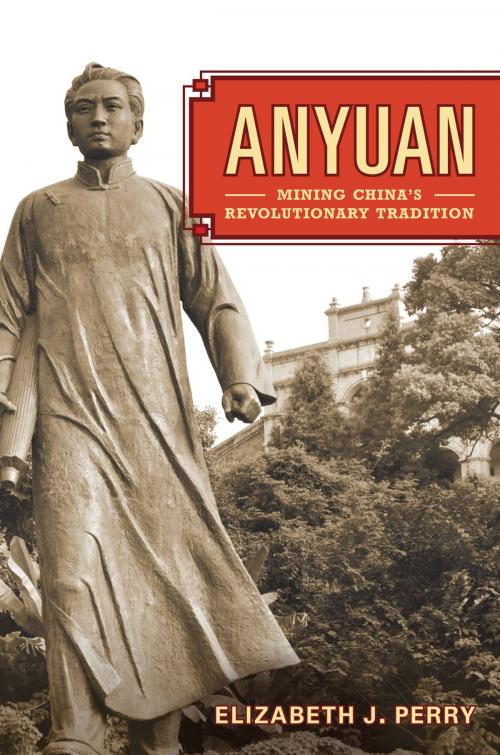Anyuan
Mining China's Revolutionary Tradition
Nonfiction, History, Asian, Asia, Social & Cultural Studies, Social Science, Sociology, Political Science| Author: | Elizabeth Perry | ISBN: | 9780520954038 |
| Publisher: | University of California Press | Publication: | October 1, 2012 |
| Imprint: | University of California Press | Language: | English |
| Author: | Elizabeth Perry |
| ISBN: | 9780520954038 |
| Publisher: | University of California Press |
| Publication: | October 1, 2012 |
| Imprint: | University of California Press |
| Language: | English |
How do we explain the surprising trajectory of the Chinese Communist revolution? Why has it taken such a different route from its Russian prototype? An answer, Elizabeth Perry suggests, lies in the Chinese Communists’ creative development and deployment of cultural resources – during their revolutionary rise to power and afterwards. Skillful "cultural positioning" and "cultural patronage," on the part of Mao Zedong, his comrades and successors, helped to construct a polity in which a once alien Communist system came to be accepted as familiarly "Chinese." Perry traces this process through a case study of the Anyuan coal mine, a place where Mao and other early leaders of the Chinese Communist Party mobilized an influential labor movement at the beginning of their revolution, and whose history later became a touchstone of "political correctness" in the People’s Republic of China. Once known as "China’s Little Moscow," Anyuan came over time to symbolize a distinctively Chinese revolutionary tradition. Yet the meanings of that tradition remain highly contested, as contemporary Chinese debate their revolutionary past in search of a new political future.
How do we explain the surprising trajectory of the Chinese Communist revolution? Why has it taken such a different route from its Russian prototype? An answer, Elizabeth Perry suggests, lies in the Chinese Communists’ creative development and deployment of cultural resources – during their revolutionary rise to power and afterwards. Skillful "cultural positioning" and "cultural patronage," on the part of Mao Zedong, his comrades and successors, helped to construct a polity in which a once alien Communist system came to be accepted as familiarly "Chinese." Perry traces this process through a case study of the Anyuan coal mine, a place where Mao and other early leaders of the Chinese Communist Party mobilized an influential labor movement at the beginning of their revolution, and whose history later became a touchstone of "political correctness" in the People’s Republic of China. Once known as "China’s Little Moscow," Anyuan came over time to symbolize a distinctively Chinese revolutionary tradition. Yet the meanings of that tradition remain highly contested, as contemporary Chinese debate their revolutionary past in search of a new political future.















